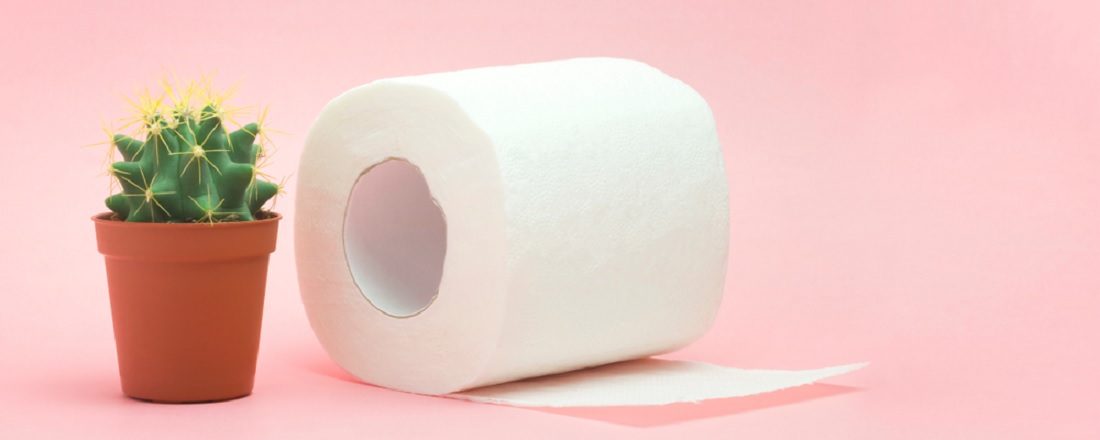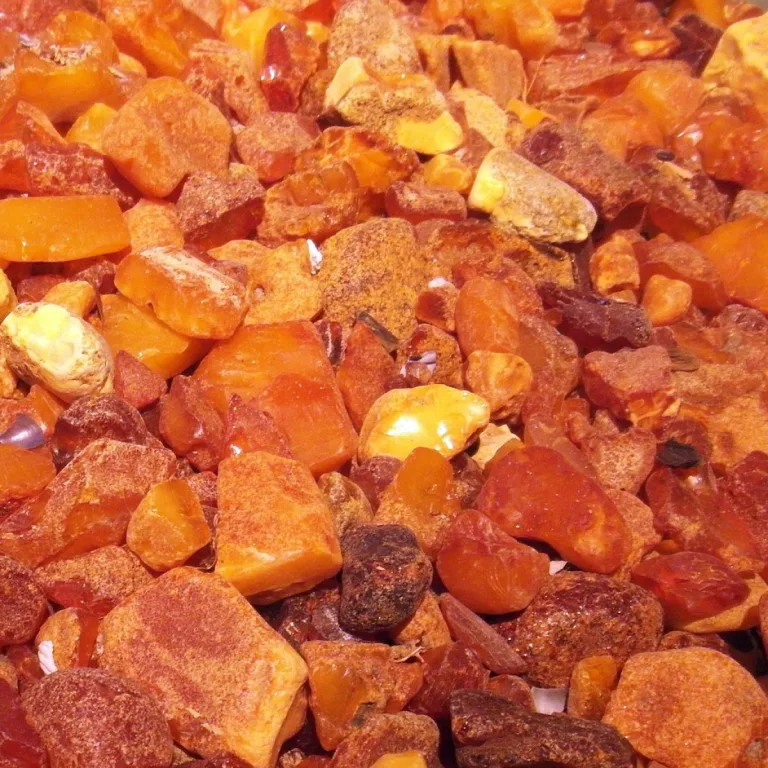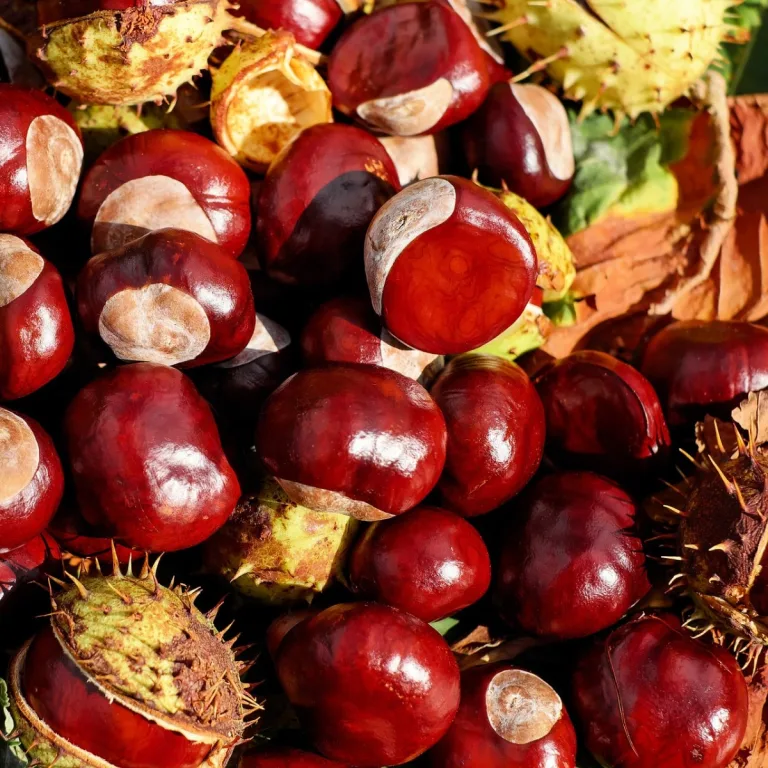Diarrhea can be acute or chronic. It is characterized by loose, watery stools (on Bristol Stool Scale it`s the exact opposite of constipation) or a frequent need to have a bowel movement.
Acute diarrhea usually lasts a few days and often disappears without any treatment. You might experience it due to a viral or bacterial infection. Though, some times, it could also occur as a result of food poisoning. Acute diarrhea is fairly common.
However chronic diarrhea refers to diarrhea that lasts for at least four weeks. It’s commonly the consequence of an intestinal disorder or disease, like for example Crohn’s disease or celiac disease.
There’s also a condition known as traveler’s diarrhea, which happens when you have diarrhea after being exposed to bacteria or parasites while on vacation in a developing nation.
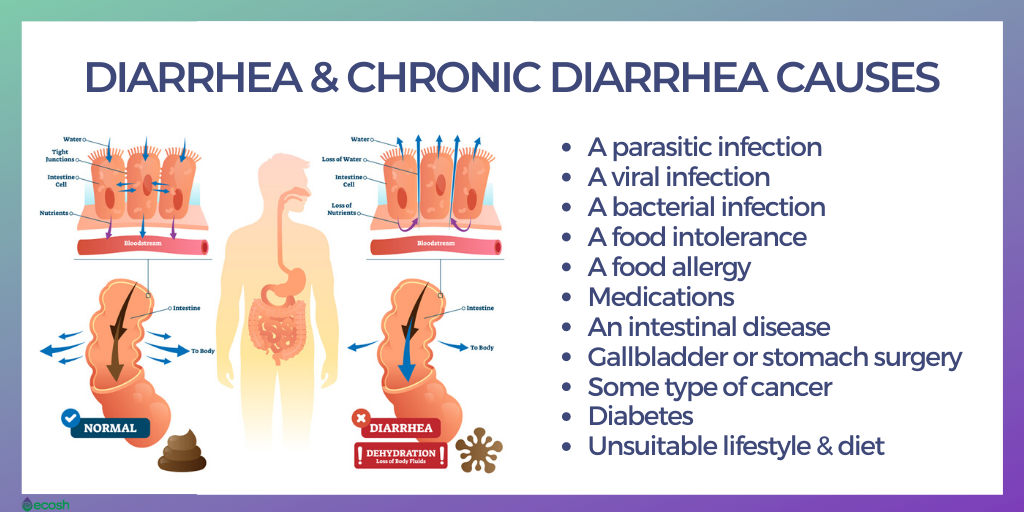
What Causes Diarrhea and What Causes Chronic Diarrhea?
Diarrhea Causes
Causes of diarrhea include:
- A parasitic infection
- A viral infection
- A bacterial infection (due to salmonella or E. coli, among others)
- A food intolerance, such as lactose intolerance
- A food allergy
- An adverse reaction to a medication
- An intestinal disease
- Gallbladder or stomach surgery
- Rotavirus (common cause of childhood diarrhea)
Chronic Diarrhea Causes
Some of the most common causes of chronic diarrhea include:
- Inflammatory bowel disease (IBD) is a term for several chronic conditions involving inflammation of the gut. Two of the most common are Crohn’s disease and ulcerative colitis. Some symptoms of IBD include, blood in the stool, tiredness, fever, nausea, stomach pain and cramps.
- Viruses like Rotavirus, Norovirus and Adenovirus.
- Bacterial infections.
- Gallbladder removal.
- Irritable bowel syndrome.
- Hormonal disorders. Some examples of hormonal disorders include overactive thyroid.
- Diabetes.
- Surgery.
- Allergies. In rare cases, food allergies can lead to loose and watery stools.
- Intestinal disease or a functional bowel disorder.
- Drinking large amounts of alcohol, coffee or beverages that contain caffeine, such as coffee or cola.
- Consuming certain sugars and artificial sweeteners every day. For example sorbitol, mannitol fructose and lactose.
- Drinking herbal remedies and herbal teas, such as senna.
- Running can cause diarrhea (sometimes referred to as “runner’s trots”). This usually happens after longer distances over 10K or particularly hard runs.
- Intestinal parasites can give rise to chronic diarrhea. This is more common in countries with less developed food and water sanitation.
- Rare tumors. For example, carcinoid tumors produce hormones that cause diarrhea.
- Cancers like carcinoid syndrome, colon cancer, lymphoma, medullary carcinoma of the thyroid, pancreatic cancer, and pheochromocytoma.
- Chronic diarrhea can be caused by several prescription and over-the-counter (OTC) medications like:
- antibiotics, including cefpodoxime, amoxicillin, and ampicillin;
- some antidepressants, such as selective serotonin reuptake inhibitors and serotonin-noradrenaline reuptake inhibitors;
- antacids that contain magnesium hydroxide;
- laxatives and stool softeners;
- proton pump inhibitors, including omeprazole and lansoprazole;
- chemotherapy drugs to treat cancer;
- toxicity from some medications, such as lithium and digoxin.
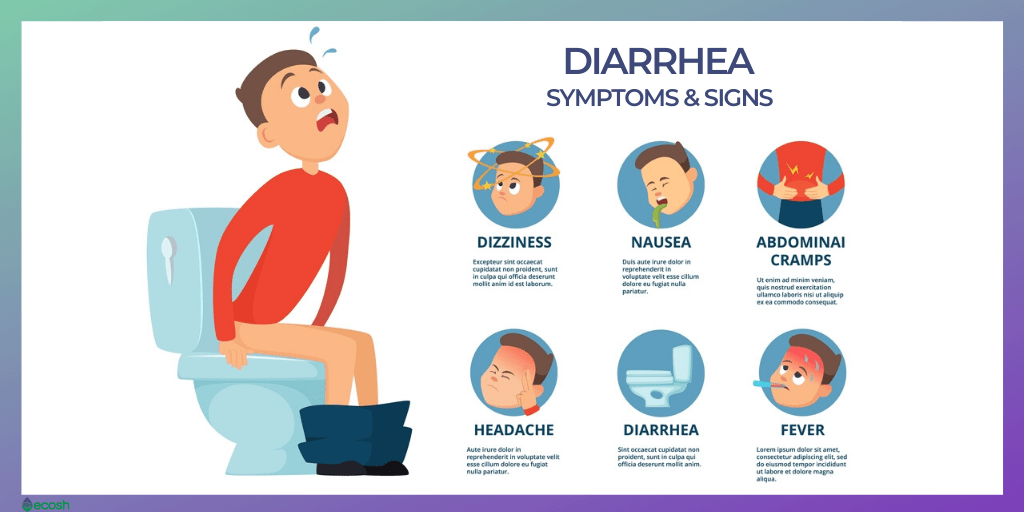
Symptoms of Chronic Diarrhea and Bristol Stool Scale
Adults
The symptoms depend on the cause. You may go through any combo of all of these symptoms or only one of them. Symptoms and signs that often accompany with diarrhea may include:
- Loose or watery stools for 4 weeks or longer. The stools may be any color. The diarrhea may appear even green in color, because stool passes through the intestines faster than usual. Red stools indicate intestinal bleeding, so it may be a sign of a more serious infection.
- Bloating and gas
- More frequent bowel movements
- A sense of urgency to pass stool
- Abdominal cramps
- Nausea
- A burning sensation
- Fever
- Dehydration. If diarrhea causes dehydration, it is a sign of possibly severe health issues. Some signs of dehydration are dark urine, dizziness and shakiness, tiredness, fever, fatigue, dry mucous membranes, increased heart rate, a headache, lightheadedness, increased thirst, decreased urination, dry mouth.

Babies and young children
Diarrhea in very young people is a serious condition. If any of the following symptoms apply to your child – seek urgent cure:
- Diarrhea for 24 hours or more.
- Stools that contain blood.
- Fever of 102°F (39°C) or higher.
- Stools that contain pus.
- Stools that are black and tarry.
Diarrhea in babies and young people can cause severe dehydration in an infant in just one day. If you see symptoms of dehydration, such as listed below, call your child’s doctor or seek emergency care:
- Dry mouth
- A headache
- Fatigue
- A lack of tears when crying
- Dry skin
- Sunken eyes
- Sunken fontanel
- Sleepiness
- Irritability
- Decreased urination
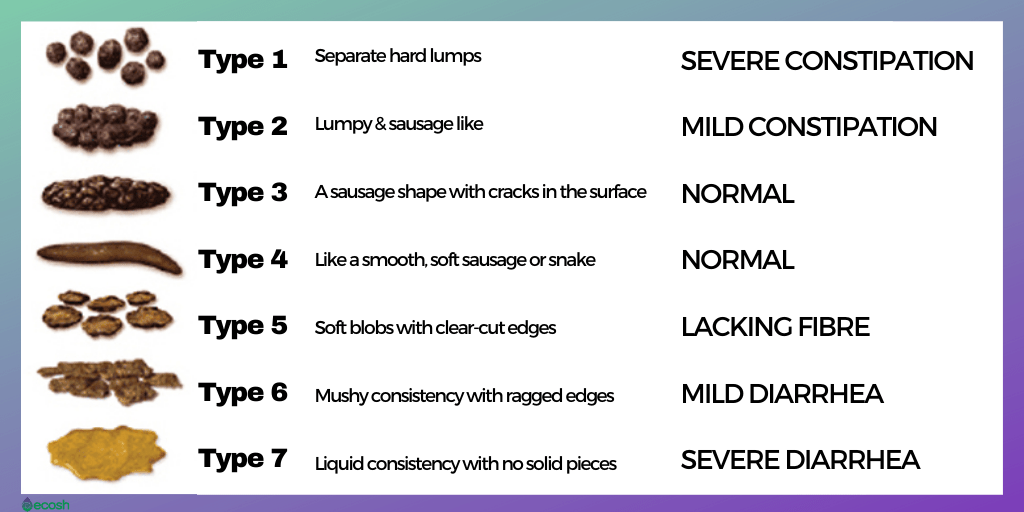
The Bristol Stool Scale – Which Form of Stool Indicates the Problem and Which Form The Normal Digestion
The Bristol stool scale is a tool created to classify the form of human excreta into seven categories, and is used in experimental and clinical fields for diagnostics.
Therefore, on a scale, it is good to identify which types of stools indicate normal digestive function and which indicate constipation or diarrhea.
- 1 and 2 refer to constipation.
- 3 and 4 are ideal stools.
- 5 refers to the development of diarrhea and lack of fiber.
- 6 and 7 refer to diarrhea.
According to studies:
- Type 1 and type 2 secretions are more common in women,
- Types 5 and 6 are more common in men.

Diagnosis
Your doctor will carry out a physical examination and consider your medical and lifestyle history, as well as your family medical history when determining the cause of your diarrhea.
The doctor may request laboratory tests in order to determine the cause of your health problem and other related conditions. These tests include:
- Blood test.
- A stool sample to test for bacteria, inflammation, parasites, or signs of disease.
- Fasting tests to determine whether a food intolerance or allergy is the cause.
- Imaging tests to check for inflammation and structural abnormalities of the intestine.
- A colonoscopy to check the entire colon or sigmoidoscopy to check the rectum and lower colon for signs of intestinal disease if you have severe or chronic diarrhea.
- A biopsy.
- An ultrasound or CT scan.
If the cause remains unknown despite these tests, the doctor may diagnose IBS. People with this condition have digestive systems that appear normal but do not function as they should.
Treatment and Home Remedies for Diarrhea
Treating chronic diarrhea depends on its underlying cause, and these home treatments below may not help in case of serious conditions. That’s why it’s necessary to consult your doctor.
However in most cases the home treatment can help and you can try these tips.
Home Remedies and Dietary Changes for Diarrhea
If a specific dietary item is the cause of the chronic diarrhea, you can try removing this food or beverage from the diet to see whether or not symptoms improve.
Once the symptoms clear up, it may be possible to gradually start eating these foods again on an infrequent basis, or in moderate amounts.

10 Things to do, eat and drink for diarrhea:
- Achieve better portion control.
- Take probiotics because these can restore a healthy balance of bacteria in the gut.
- Take some fiber supplements, such as psyllium, because it can also relieve chronic diarrhea. Fiber supplements may be especially helpful for those with IBS or other digestive conditions that cause loose stools. However, avoid using products that also contain laxatives.
- Drink fluids to avoid dehydration, because it is the most serious complication of chronic diarrhea. For example water, non caffeinated teas, and low sodium broths.
- Sports beverages and mineralized water can be beneficial because they give electrolytes and minerals in addition to providing hydration. You can also add minerals into your usual drinking water.
- In case diarrhea presents itself together with nausea, suck on ice chips until the nausea ends.
- Make yourself a blackberry, blueberry, or raspberry leaves tea. Because the leaves of these plants contain tannins that are considered to be great remedies for this health condition. Avoid fresh blueberries as they can worsen diarrhea.
- Chamomile tea may also be a great diarrhea remedy.
- BRAT diet for adults, infants and toddlers. The BRAT diet (diarrhea diet) is a combo of foods to eat for diarrhea treatment.
- Bananas
- Rice
- Applesauce
- Toast
- Recovery diet. When recovering from diarrhea -a diet of small, frequent meals can be better than eating three larger meals a day. A beneficial diet for diarrhea treatment may involve:
- Cooked, soft vegetables
- Foods rich in pectin, such as pears, apples, guavas, quince, plums, gooseberries, oranges and other citrus fruits which contain large amounts of pectin.
- Foods high in potassium, such as potatoes, sweet potatoes, bananas, oranges, cantaloupe, honeydew, apricots, grapefruit, cooked spinach, cooked broccoli, mushrooms, peas, cucumbers.
- Adequate amounts of protein.
- Foods with electrolytes, such as miso soup, sports drinks and mineralized water.
Avoid:
- Stop consuming substances that can cause diarrhea or start to consume them in more moderate amounts.
- Limit or avoid alcohol.
- Limit or avoid coffee and other caffeine consisting beverages.
- Avoid milk because it can make diarrhea worse.
- Avoid greasy, fatty foods and spicy foods.
- Salt tablets may aggravate diarrhea, so try to avoid these.
- Avoid foods containing artificial sweeteners or foods with high levels of fructose.
- Avoid strenuous exercise because exercise increases the risk of dehydration.
- After the diarrhea becomes less intense, avoid spicy foods and alcoholic drinks for two additional days.
Taking Medications For Diarrhea or Switching The Medications
Diarrhea that occurs due to a medical condition, might resolve with treatment of the underlying condition. In addition, people taking medications that can cause chronic diarrhea should talk to their doctor about alternative drugs that do not have this side effect.
Other medications that may help include:
- Antidiarrheal medications are a short-term remedy. Although they tend to relieve symptoms, people should not use them on an ongoing basis and should see a doctor.
- Antibiotics, for bacterial infections.
- Codeine-containing medications, which can reduce watery and loose stools.
- OTC medications to slow down the passage of stool through the digestive tract. For instance, bismuth (Pepto-Bismol) and loperamide (Imodium).
- In addition, probiotics.
Prevention
Not all cases of chronic diarrhea are preventable. However, it is possible to reduce the risk of chronic diarrhea if you:
- Drink only clean or filtered water.
- Wash your hands both before and after food preparation and eating.
- Always clean and completely cook all meat products before eating.
- Keep a food diary and see how cutting particular foods from the diet affects the diarrhea.
- Discuss the side effects of any current medications with a doctor. In addition, request a change in medications if necessary.
- Take probiotic supplements regularly.
- Wash fresh produce before eating it.
- Clean kitchen surfaces regularly.
- In addition, wash your hands regularly, especially after using the bathroom or coming into contact with a person who is ill.
NB! You should consult your physician if other symptoms come along (like fever or fatigue), or you have diarrhea that lasts more than a few days. In conclusion, if you notice any symptoms of dehydration, you should consult a doctor immediately.
Compiled and edited by Maria-Helena Loik
Sources: Emedicinehealth.com, Medicalnewstoday.com
Pictures: Pexels.com, Pixabay.com, Shutterstock.com
